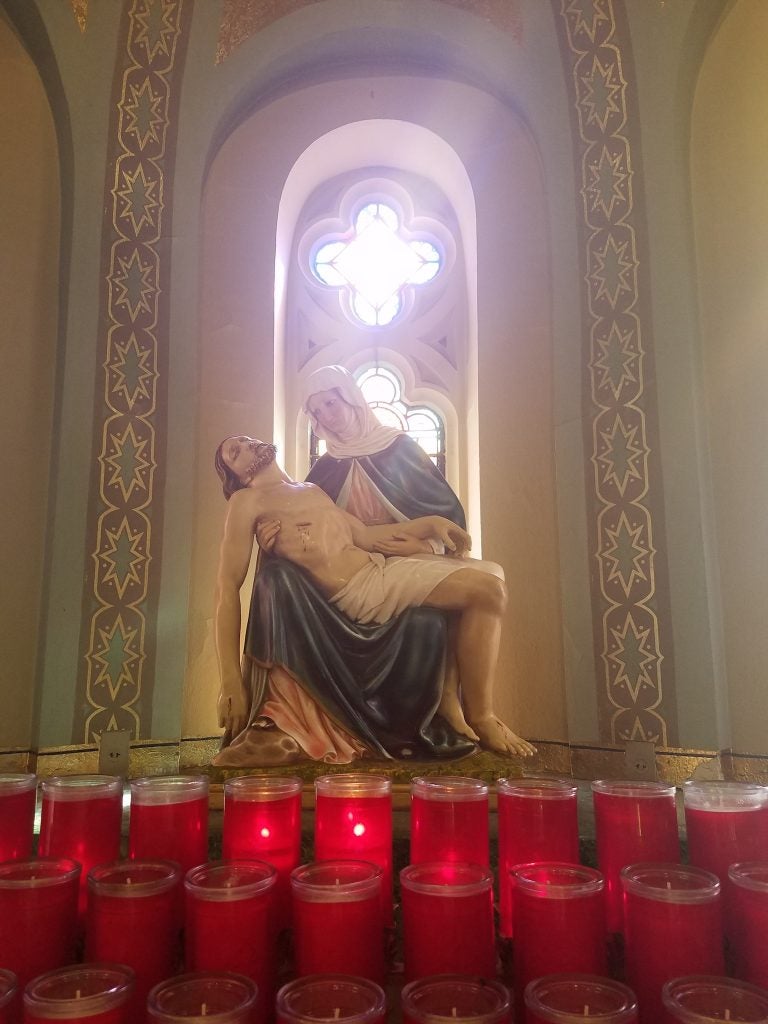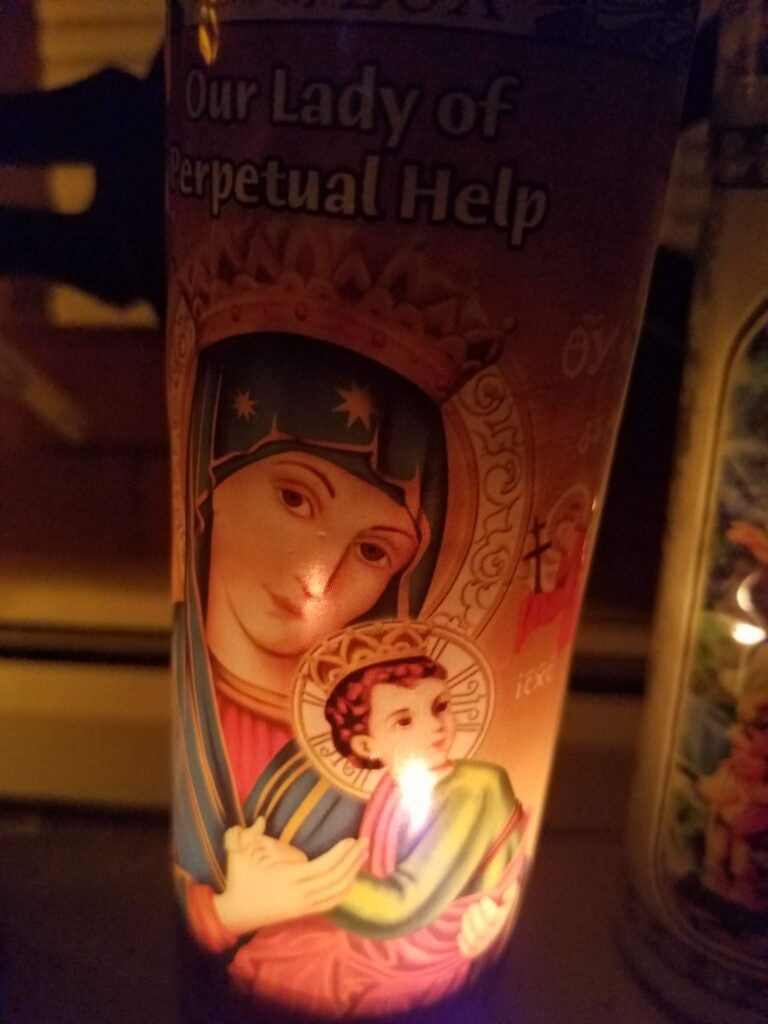
Miracles are to come.
e. e. cummings
Kel Keller’s undergraduate degree is from Princeton University where he majored in Anthropology. Kel’s junior year papers were on Kwakiutl shaman ritualistic paraphernalia and on the relationship between design and healing in Navajo sandpaintings. His senior thesis was on the contemporary role of Harvest Queens in the United States. While at Princeton, Kel studied photography for four years under the renowned artist Emmet Gowin. Keller’s senior photography exhibit at Princeton was the equivalent of a senior thesis, and a portfolio of his work was purchased by Princeton University’s Firestone Library Rare Book Collection. Kel was awarded the Rare Book Collection’s Adler Book Collecting Prize. Between his sophomore and junior year, Kel studied in Paris at Columbia University’s Reid Hall Program.
After graduation from Princeton, Kel moved into an 1844 historical home in Romeo, Michigan, helping his father and mother restore the house and its 19th century furniture and artifacts. Kel set up a darkroom in the home to work on photographs for a prospective book, Harvest Festivals/Harvest Queens. Based in Romeo, he earned a Master Gardener Certificate from Michigan State University’s extension program. Between 1986 and 1988, Kel studied photography at the University of Michigan Rackham School of Art, where he taught undergraduate courses in photography. He received his MFA from U of M in 1988.
Keller moved to Minneapolis in 1989 where he worked as an artist and taught photography at College of Visual Arts and at Film in the Cities. He exhibited new work at Gallery Rebolloso in Minneapolis and received the McKnight Artist Fellowship and a grant from the Minnesota State Arts Board. In collaboration with Walker Art Center Curator John Killacky and artist Dan Rathje, Keller co-created a multi-media performance art piece entitled “Burning Angels,” funded by Art Over AIDS. Keller’s final exhibition in Minneapolis was a tribute to his best friend, performance artist Celie Mahu Edwards, at Intermedia Arts. While in the Twin Cities, Keller also worked as a fashion photographer for Dayton-Hudson studios. Kel moved to Lisbon, Portugal in 1994 to do fashion photography work and to make documentary artwork as well.
From 1995 to 2007, Keller was based in Atlanta, Georgia, where he taught photography at Agnes Scott College, the Art Institute of Atlanta and the High Museum of Art. He taught photography for the University of Georgia’s art program in Cortona, Italy, in 2001 and 2003. In the summer of 2002, Kel created the photography program at a new school for American students, The Mediterranean Center of Arts and Sciences, in Siracusa, Sicily.
During the summer of 2007, Kel returned to Romeo, Michigan to be caretaker of the 1844 family home and to be near his mother. In Romeo, Kel continued his photographic work and began historical research on the home’s role as a “Station” on the Underground Railroad. Kel collaborated with Professors Veta Tucker and Roy Finkenbine, members of The Michigan Freedom Trail Commission, as well as with Ann Arbor historian Carol Mull. In 2008, Keller presented his research at Grand Valley State University’s Underground Railroad Conference, an event that was sponsored by the National Park Service “Network to Freedom.” Inspired by the friendship of historians Dr. Afua Cooper and Dr. Margaret Washington, Keller enrolled at Wayne State University in Detroit to study History, Library Science and Archival Administration. Keller’s Master essay was on Black Abolitionist and fugitive slave, Henry Bibb. While at WSU, Kel was lead researcher, editor and writer for the Charles Wright Museum of African American History, where he helped develop the museum’s Underground Railroad education website portal.
Kel received WSU’s Graduate Professional Scholarship several times, as well as the Gerald Dreslinski Award and the Michael D. Patterson Memorial Award. Through his research on slavery in Detroit and Windsor, Keller met Dr. Tiya Miles, 2011 recipient of the MacArthur Foundation “genius grant.” Keller’s essay “Detroit’s First Black Militia,” printed in Border Crossings: The Detroit River Region in the War of 1812, is cited by Dr Miles numerous times in her 2017 publication, The Dawn of Detroit: A Chronicle of Slavery and Freedom in The City of the Straits.
In 2016, Kel was arrested in a computer entrapment that diverted the next five years of his life to incarceration in the Michigan Department of Corrections. While imprisoned, Keller wrote a historical novel, The Mistress of Monticello, based on the life of Thomas Jefferson’s slave and lover, Sally Hemings. He also wrote an account of his personal experience in the system of mass incarceration, My Revolting Memoir. Keller joined the University of Michigan’s Carceral State Project research team in December of 2020, soonafter he began parole. He has contributed interviews from prisoners who witnessed the Kinross prison uprisings of 2016 and 2020, as well as a personal narrative of MDOC’s mishandling of the COVID pandemic at ARF prison in Adrian, Michigan. Currently, Kel is fleshing out the Kinross interviews with photographs and newspaper reports of the riots. He is also researching the history and protagonists of Michigan mass incarceration at Macomb County Jail, where he was a prisoner for fourteen and a half brutal months. Kel plans to create a non-profit humanitarian enterprise, Nossa Senhora Optical, to gather gently-used reading glasses to distribute to underprivileged communities in Brazil.




















